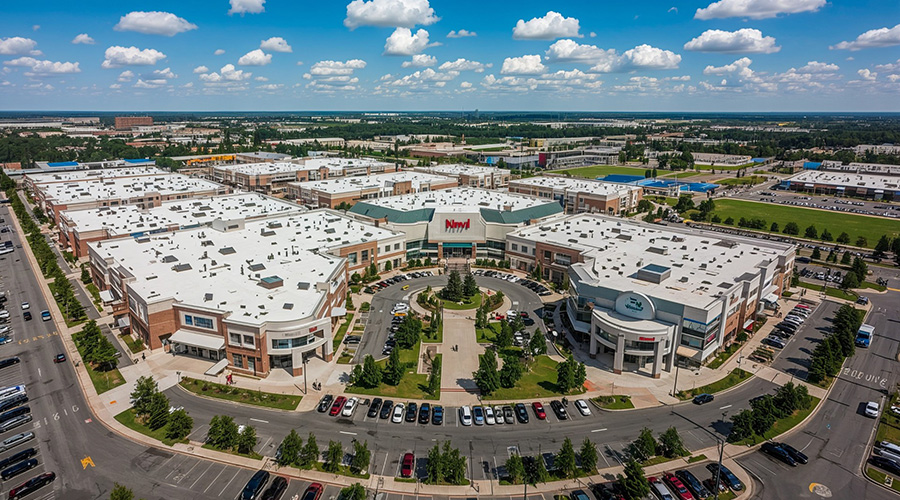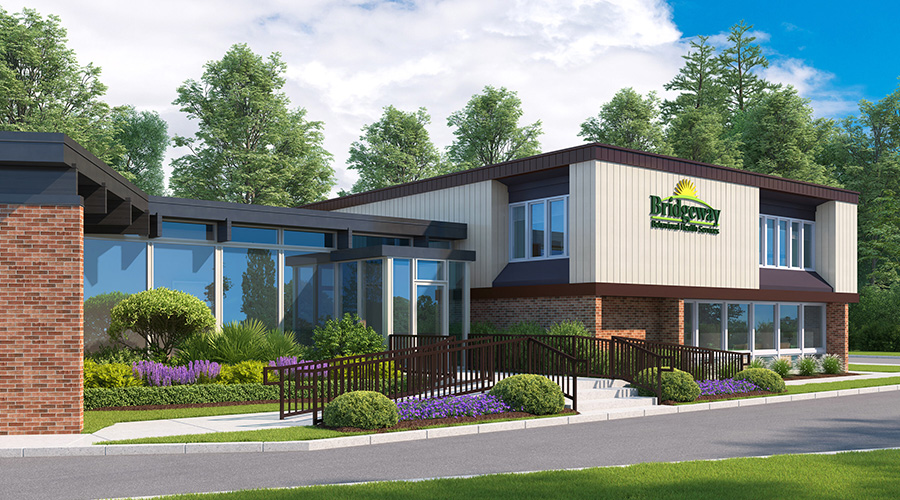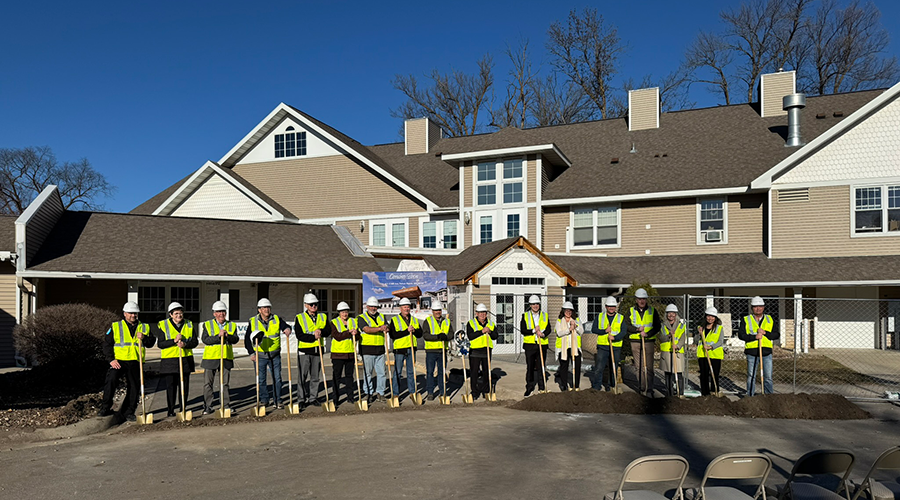The construction of healthcare facilities requires precision, expertise and a commitment to quality. The successful completion of such projects hinges on technical competence and the contractor's ability to navigate the unique challenges of healthcare environments.
Given these factors, selecting the right contractor is crucial. To aid in this decision-making process, healthcare facilities managers need to ask targeted questions that reveal a contractor’s experience, methodologies and capacity to deliver a project that meets stringent healthcare standards.
Planning and management
The contractor’s approach to project management, risk management and quality control can significantly influence the success of a healthcare construction project. To evaluate a contractor’s capabilities, managers should consider the following questions:
What are the most significant challenges associated with this project? What strategies or past experiences would you use to address them? These questions assess the contractor's depth of understanding of healthcare construction. Ideal responses should reflect familiarity with maintaining sterile environments, minimizing disruptions to healthcare services and managing complex mechanical, electrical and plumbing (MEP) systems.
How do you plan to mitigate disruptions to neighboring communities during construction? Healthcare facilities are often situated in densely populated areas. A comprehensive response should include strategies for minimizing noise, managing traffic and maintaining positive relationships with the community.
What is your approach to site logistics and construction phasing, particularly in projects where the facility remains operational? This question probes the contractor's ability to plan and execute construction activities while ensuring patient safety, maintaining infection control and minimizing interference with the facility's operations.
How will you coordinate with owner-supplied vendors, such as those providing medical equipment and low-voltage systems? Effective coordination with vendors is essential in healthcare construction. The contractor should demonstrate a well-defined strategy for integrating these elements into the construction timeline to ensure smooth project delivery.
What other projects are you handling that might compete with this project for resources? This question helps gauge the contractor’s workload and capacity to allocate adequate resources to a project. It also provides insights into their understanding of the local construction market.
Have subcontractors been made aware of the proposed schedule? What is your assessment of their capacity to meet it? The answer to this question will reveal the contractor's level of preparation and relationships with subcontractors. It also provides insight into potential scheduling risks.
At what stage would you engage early trade partners? How does this influence your approach to value engineering? Early involvement of trade partners can enhance coordination and cost-effectiveness. The contractor’s strategy in this regard is a key indicator of a collaborative approach.
How have utility relocations been factored into the project schedule? This specific question tests the contractor's attention to detail and understanding of the project's unique requirements.
Staffing strategies
The qualifications and experience of the team assigned to the healthcare constriction project are critical determinants of success. These questions will help managers evaluate the qualifications and capabilities of the contractor's key personnel.
What experience do the proposed key personnel have working together on similar projects? A team with a history of successful collaboration on comparable projects is likely to perform well. Responses should highlight previous joint efforts and outcomes.
Related: Which Construction Procurement Strategy Is Right for You?
What is your firm's capacity to manage this project effectively, given your current and anticipated commitments? Understanding the contractor's capacity is crucial for assessing the ability to meet project demands without compromising quality.
Cost and bidding issues
The following questions are designed to help healthcare facilities managers understand a contractor's approach to cost estimating, risk management, value engineering, bidding strategy, relationship with subcontractors and ability to maintain budget throughout the project.
How was the cost estimate developed? Did you produce a detailed estimate with quantity takeoff and unit rates? What was the level of subcontractor engagement? These questions aim to uncover the thoroughness of the cost estimating process and the level of subcontractor engagement.
Which areas of the project do you perceive as having the greatest cost risks? Identifying potential cost risks early ensures better planning and mitigation strategies.
What is your perception of subcontractor interest in this project? Are there specific trades where you anticipate challenges in obtaining competitive bids? The contractor’s insights into subcontractor market dynamics can indicate potential cost pressures and bidding challenges.
What scopes of work do you intend to self-perform? How will you manage the bidding process for these trades? These questions probe the contractor’s approach to managing conflicts of interest and ensuring fair competition.
What is your approach to maintaining the budget throughout the project duration? Effective budget management requires ongoing oversight and adjustment. The contractor’s methodology should be detailed and robust.
How do you manage the transition from initial estimates to subcontractor buyout while minimizing cost increases? This question assesses the contractor’s ability to accurately estimate the project’s cost and to gauge what level of subcontractor input they might have received. The contractor should compare the cost of the project to previous projects of similar scope and scale and be able to identify cost premiums for the current project.
How do you collaborate with trade partners? What value engineering opportunities have you identified? The contractor should prioritize clear and open communication with trade partners, hold regular coordination meetings and use collaborative tools that allow the entire project team to align on scope, schedule and potential challenges.
When interviewing potential contractors for healthcare construction projects, managers need to focus on technical expertise but also on communication skills and the ability to address complex challenges. Managers can gain a comprehensive understanding of a contractor's capabilities by asking detailed questions across key areas, such as project management, scheduling, staffing and cost management.
This approach will help managers choose a contractor that is well-qualified for the project’s specific needs and capable of successfully delivering a healthcare facility that meets the design requirements and project goals.
Jordan Miller is associate principal and resident manager with Rider Levett Bucknall’s Denver office.

 Healthcare Is the New Retail
Healthcare Is the New Retail Bridgeway Behavioral Health Services Launches Campaign to Renovate Health Center
Bridgeway Behavioral Health Services Launches Campaign to Renovate Health Center Ground Broken for New North Dakota State Hospital
Ground Broken for New North Dakota State Hospital AI Usage for Healthcare Facilities
AI Usage for Healthcare Facilities Ground Broken on Pelican Valley Senior Living Modernization Project
Ground Broken on Pelican Valley Senior Living Modernization Project